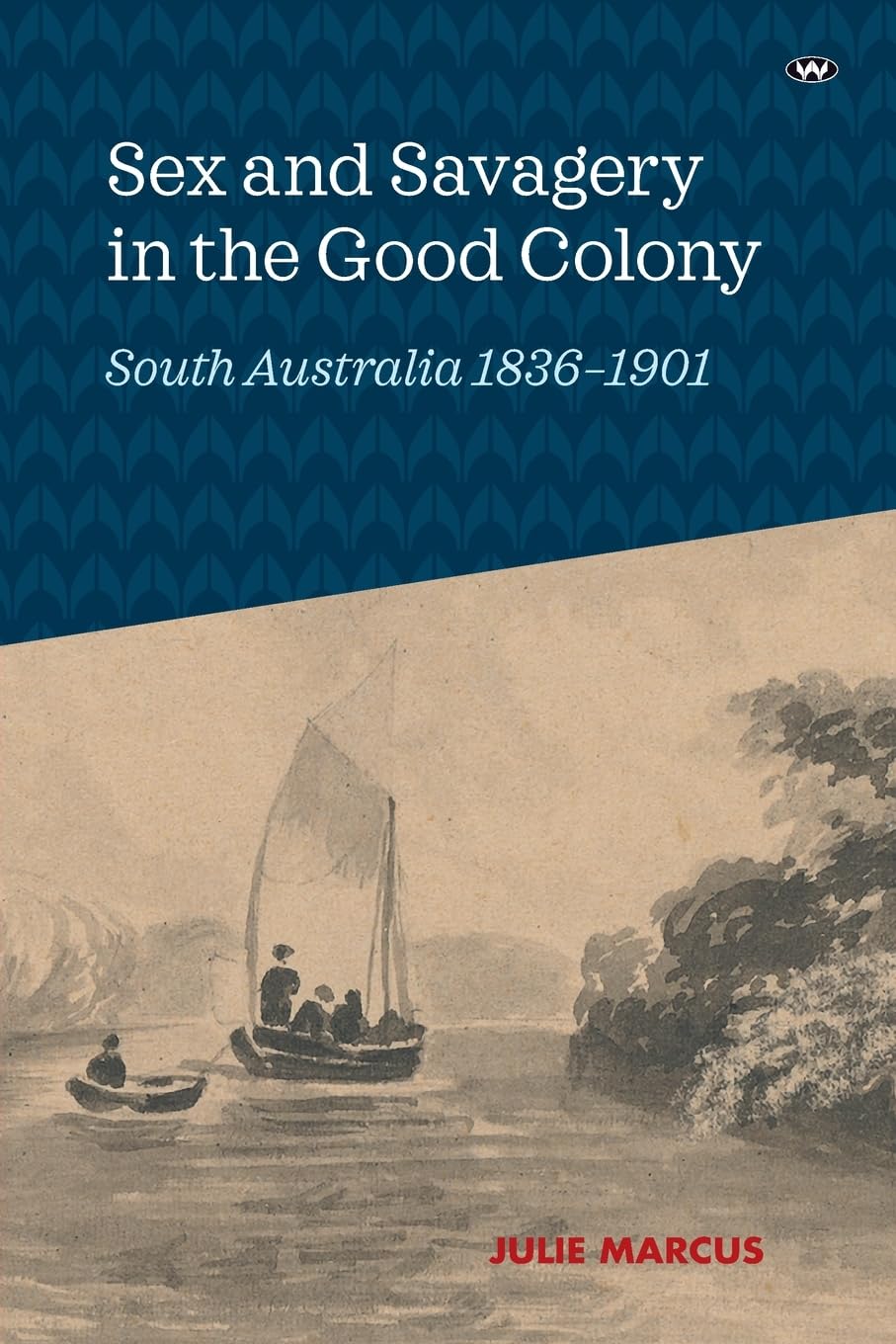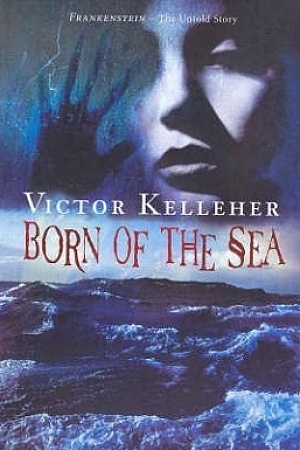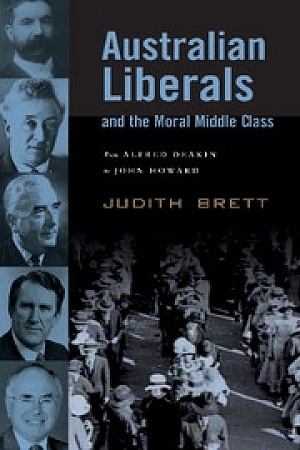Patrick White’s Fiction and the Unconscious
A writer pursued by neurosis or analyst?
In many respects this is a heroic, even triumphant book. The product of ten years’ reading and thinking, of discussions here and in USA, with Jungian scholars. It offers the definitive archetypal reading of Patrick White’s fiction. After this no more can be said – at least in this vein. Patrick White is placed, pronounced on and then, in a sense, dismissed. Now we know it all. ‘The last of our colonial writers’ for whom ‘the disjunction between society and Native is experienced as an acute psychological dissociation’. He has been ‘living next door to a hostile ghost, caught up in a fatal entanglement of spirit and matter’ and victim of the Dark Mother, he represents the Australian as neurotic. Underneath what Tacey calls ‘our happy-go-lucky egalitarian mask’, there lies what he discerns in White’s work, deep but also dark processes at work in the psyche. But there is worse to come. Admirers will regret to hear that White suffers from ‘an acute absence of the intellect and lack of reflection in relation to his symbolic material, and a blind faith entrusted to the imagination’. As a result, he is not really ‘in charge of his characters’ but is duped by his unconscious and unable to recognise its dangers. Therefore we must not trust his view of his novels or of their purposes and if we see him invoking a Christian frame upon his work, we had better not believe it. White’s Christianity is phoney. ‘Instead of being broadened and challenged by the discovery of anew deity’, he clings to Christianity as a kind of cosmic Linus blanket, choosing ‘to view it all as a rediscovery of what parental figures told him to believe’. Add to this the ‘morbid and dark streak’ Tacey discovers and the verdict that his most recent work is both ‘inept and vulgar, high camp, sado-masochistic ritual in religious dress’, and White is left, as one of the epigrams to The Twyborn Affair puts it, like ‘someone with nothing on but a band-aid’.
All this is very interesting, and I, for one, do not have the psychological knowledge to dispute it – indeed Tacey is full of scorn for types who dare to intrude on what is after all an area of complex and complicated scholarship. But this kind of knowledge seems to me beside the point which engages and has traditionally engaged literary critics. To put it simply, Tacey’s concern seems to be with the sources of White’s fiction, not with the fiction itself, with the teller, if you like, and not the tale. In a sense, of course, he would admit this. It is precisely the method of archetypal criticism, as he outlines it in the introduction, to proceed in two stages: first ‘complete receptivity to the imaginative material about’, the process of amplification relating it ‘to an appropriate mythological context’, establishing ‘the archetypal frame within which the psychic product is operating’.
Continue reading for only $10 per month. Subscribe and gain full access to Australian Book Review. Already a subscriber? Sign in. If you need assistance, feel free to contact us.









Leave a comment
If you are an ABR subscriber, you will need to sign in to post a comment.
If you have forgotten your sign in details, or if you receive an error message when trying to submit your comment, please email your comment (and the name of the article to which it relates) to ABR Comments. We will review your comment and, subject to approval, we will post it under your name.
Please note that all comments must be approved by ABR and comply with our Terms & Conditions.